Oral health and hygiene are essential to your overall health. That’s why you should visit the dentist regularly for checkups and to take care of minor issues before they become major problems. However, in some cases, you may need a procedure beyond what a general dentist provides. In such instances, you may be referred to an oral surgeon. In this blog post, we’ll explore the role of oral surgeons in your oral health care, why you might be referred to one, and how they work with your family dentist to provide the best oral health care possible.
First off, what is an oral surgeon? Typically, in addition to completing four years of dental school, an oral surgeon spends another four to six years in residency for oral and maxillofacial surgery. During this time, they gain expertise in advanced surgical techniques, anesthesia administration, emergency medicine, and patient management. They may also pursue additional fellowship training in specific areas of oral surgery, such as orthognathic (jaw) surgery or oral pathology. Oral surgeons are highly skilled and knowledgeable with extensive education and training. If you’re referred to an oral surgeon, you can have confidence knowing you’ll get the best of care in their hands.
So, why might you be referred to an oral surgeon? There are many reasons why your family dentist may refer you to an oral surgeon. But one of the most common is the removal of wisdom teeth. Wisdom teeth are the last set of molars to come in, and often there isn’t enough room for them to emerge normally. This can cause pain, infection, and other complications that require surgery.
Oral surgeons are also often consulted for other complex cases. For example, they may be involved with placing dental implants and bone grafts, treating oral cancers, and performing procedures such as corrective jaw surgery and cleft lip and palate repair. Patients may also be treated by an oral surgeon in the event of facial trauma, impacted teeth and jaw issues, and severe oral infections. If we refer you to an oral surgeon, we’ll tell you more about your specific circumstances, what to expect, and answer any questions you may have.
Family dentists and oral surgeons work closely together to provide comprehensive care and determine the best course of treatment. At your first appointment, the oral surgeon will look at your medical history, examine your mouth, and review any records that have been shared (with your permission). They’ll also discuss the procedure with you before it takes place, explain any risks, and answer all your questions. After the procedure, they’ll advise you on the steps you should take for optimum comfort and healing. They will also work with your family dentist to develop a follow-up plan for an overall seamless experience, from the initial consultation to follow-up care, which ensures the best possible outcome for you.
When it comes to your oral health, ensuring you receive the best possible care is crucial. If your family dentist determines you should see an oral surgeon, there’s no reason to be afraid. While it may seem daunting to undergo oral surgery, the good news is that oral surgeons are highly trained professionals who use the latest techniques and technology. At all times, your comfort and well-being are their top priorities, with the end goal of providing the treatment you need to restore your oral and overall health.
If you have any questions or concerns about oral surgery, don’t hesitate to call us or the oral surgeon. Together, we’ll work to ensure the best possible care for you!
Choosing SureSmile Clear Aligners is an investment in your long-term oral health...
Read MoreChoosing SureSmile Clear Aligners is an investment in your long-term oral health...
Read MoreDental implants are a state-of-the-art solution for replacing missing teeth and restoring...
Read MoreAt Downtown Franklin Family Dentistry, your safety and well-being are paramount in...
Read MoreMaintaining good oral hygiene goes beyond just brushing and flossing at home....
Read MoreAs we age, we often focus on maintaining our youthful appearance, but...
Read MoreApril is Oral Cancer Awareness Month, a time dedicated to highlighting a...
Read MoreAt Downtown Franklin Family Dentistry, we understand dental procedures can sometimes feel...
Read MoreHave you ever admired someone’s flawless smile and wondered how they achieved...
Read MoreAre you tired of wincing in pain every time you indulge in...
Read MoreGum disease, also known as gingivitis and periodontal disease, is a condition...
Read MoreDowntown Franklin Family Dentistry is proud to introduce the latest addition to...
Read MoreWhen it comes to dental fillings, many patients have questions about the...
Read MoreWhen it comes to holiday gift-giving, we often think of big-ticket items....
Read MoreWelcome to Downtown Franklin Family Dentistry, where we believe in providing comprehensive...
Read More

